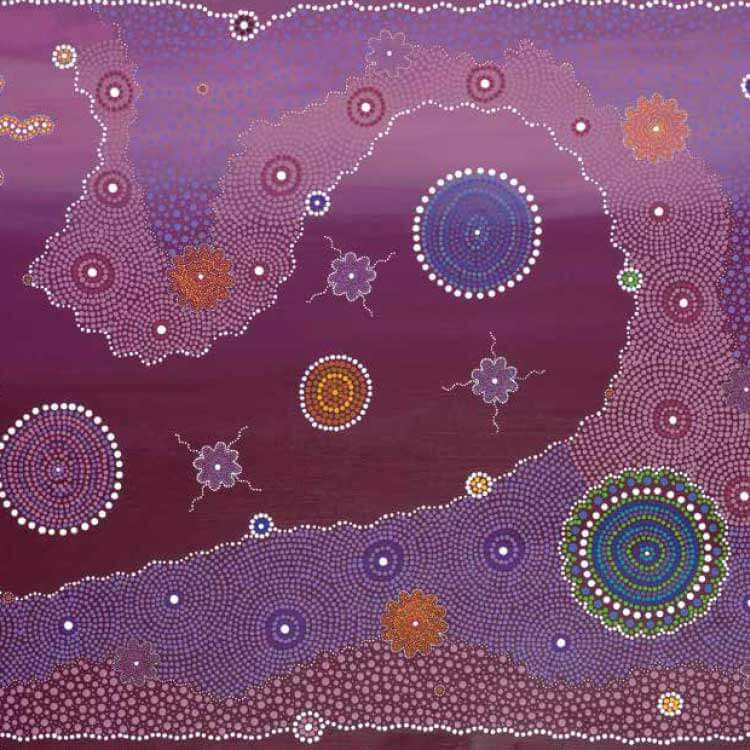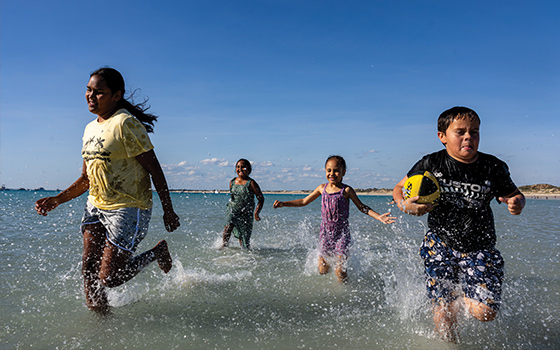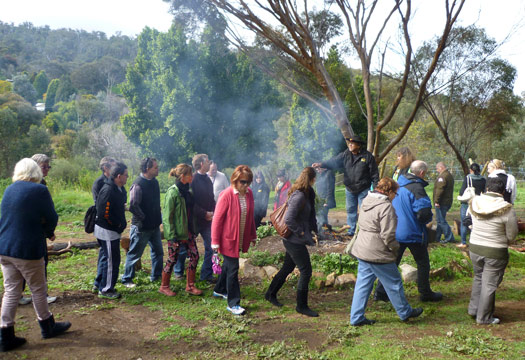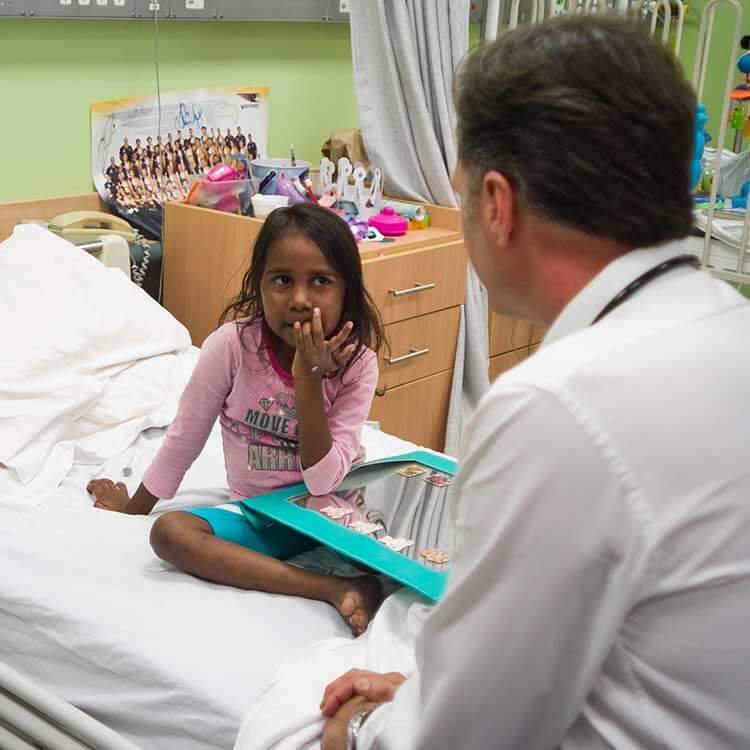Search

Research Theme
First Nations Health and EquityAboriginal health is everyone's business. The needs of Aboriginal and Torres Strait Islander families and kids is integrated into all relevant areas of our work. Improving the health and wellbeing of Aboriginal and Torres Strait Islander kids and families is an overarching priority for every team at The Kids.
Research
Yarning with a remote Aboriginal community about the next steps for achieving healthy skinSkin health is widely recognised as being important for overall good health and well-being, yet the burden of skin infections in remote Aboriginal communities remains high. This project aimed to explore if virtual support for skin health could be a strategy to reduce community barriers to skin health engagement.
Research
The Truth Of Our Stories: A mixed method evaluation of Elder and community-led cultural training for out-of-home care agency workers and non-Indigenous foster carers in AustraliaGlobally, Indigenous peoples have incurred significant harm due to colonisation of their lands. Dispossession of culture, language, family and land, and the historical, systematic removal of children in Australia (the ‘Stolen Generation’), has resulted in evident ongoing negative outcomes in the contemporary lives of Aboriginal and Torres Strait Islander people.

Research
Working Together Second EditionThis 2nd edition is intended for staff and students and all health practitioners working in areas that support Indigenous mental health and wellbeing.

WAACHS was the largest and most comprehensive survey ever undertaken into the health, wellbeing & development of WA Aboriginal and Torres Strait Islander kids
Improving the educational experiences of Aboriginal children and young people
Research
Culture, Connection and Care: The Role of Institutional Justice Capital for Enhancing the Wellbeing of Aboriginal and Torres Strait Islander Children in Out-Of-Home CareEnsuring that Aboriginal and Torres Strait Islander children removed from their families by child protection services remain connected to their kin, Country and culture is a priority to begin to redress the intergenerational trauma and harm caused by colonisation. This article describes the views of staff working in three mainstream out-of-home care organisations, where children are cared for by non-Indigenous foster carers.
Research
Co-design of school-based strategies and supports for Aboriginal and Torres Strait Islander youth living with type 2 diabetes: A qualitative studyYouth-onset type 2 diabetes is an emerging condition impacting Indigenous populations worldwide. Schools have an important role in supporting students to manage their health. We undertook a qualitative study to (i) explore the lived experience of type 2 diabetes, diabetes management and support in school environments and (ii) co-design recommendations for age-appropriate, culturally safe school-based strategies and supports. Interviews and focus groups were undertaken with Aboriginal and Torres Strait Islander youth, caregivers, health professionals and school-based staff. Aboriginal and Torres Strait Islander youth were involved in determining the research topic.

News & Events
Elders insight leads to spine-tingling breakthroughDr Michael Wright remembers the 'aha' moment while working with distressed Nyoongar families to identify what was limiting engagement with services.

News & Events
Bold bid to end rheumatic heart diseaseSome of the nation’s leading medical researchers will converge on Darwin this week to step out a plan to wipe out rheumatic heart disease.
